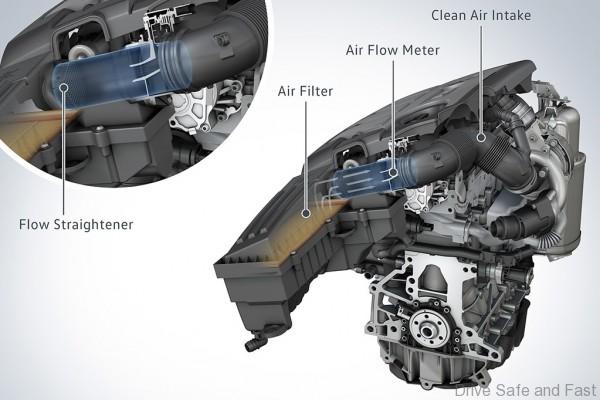Volkswagen submits solutions for affected EA189 TDI engines
The clarification and solution of the diesel issue is progressing. The Volkswagen Group has presented specific technical measures for the EA 189 engines affected with a displacement of 1.6 and 2.0 litres to the Federal Motor Transport Authority. This means that correction measures have been fixed for the majority of the vehicles affected. In the development of the solutions, the focus was on maximum customer-friendliness. After implementation of the technical measures, the vehicles will comply with the applicable emissions standards. The final technical solution for the 1.2-litre diesel engine will be presented to the Federal Motor Transport Authority at the end of the month and is expected to comprise a software update.
The technical measures developed for the EA 189 diesel engines affected have been presented to the Federal Motor Transport Authority. Following an intensive examination, these measures have been ratified by the Federal Motor Transport Authority. This means that there is now clarity regarding the correction of the irregularities for the majority of vehicles affected.
- A “flow transformer” will be fitted directly in front of the air mass sensor on the 1.6-litre EA 189 engine. This is a mesh that calms the swirled air flow in front of the air mass sensor and will thus decisively improve the measuring accuracy of the air mass sensor. The air mass sensor determines the current air mass throughput, which is a very important parameter for the engine management for an optimum combustion process. In addition, a software update will be performed on this engine. The time needed for the implementation of the technical measures is expected to be less than one hour.
- The 2.0 litre engines will get a software update. The pure labour time for this measure will be around half an hour.
Thanks to advances in engine development and improved simulation of currents inside complex air intake systems, in combination with software optimisation geared towards this, it has been possible to produce a relatively simple and customer-friendly measure. The objective for the development of the technical measures is still to achieve the applicable emission targets in each case without any adverse effects on the engine output, fuel consumption and performance. However, as all model variants first have to be measured, the achievement of these targets cannot yet be finally confirmed.
Based on these technical measures accepted by the Federal Motor Transport Authority, the necessary service concepts are currently being developed for the EU28 markets concerned . The aim is to implement the required technical update in the first vehicles during a recall from January 2016. According to the current assessment, all measures in the course of the recall for all engine variants will extend over the whole calendar year 2016.

















